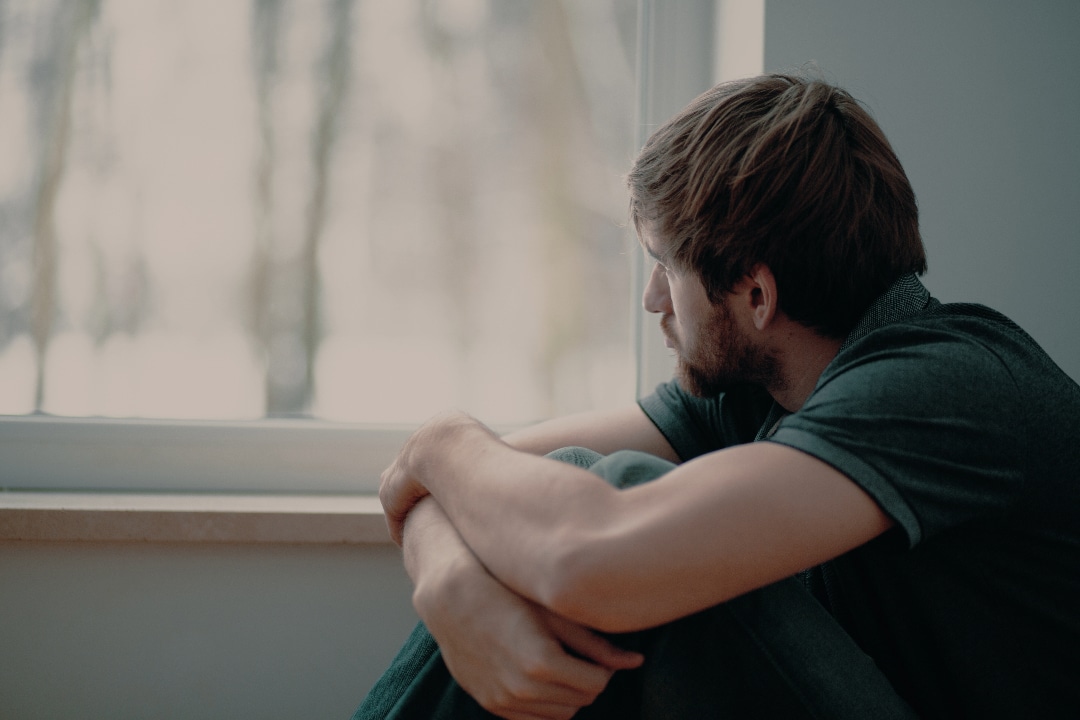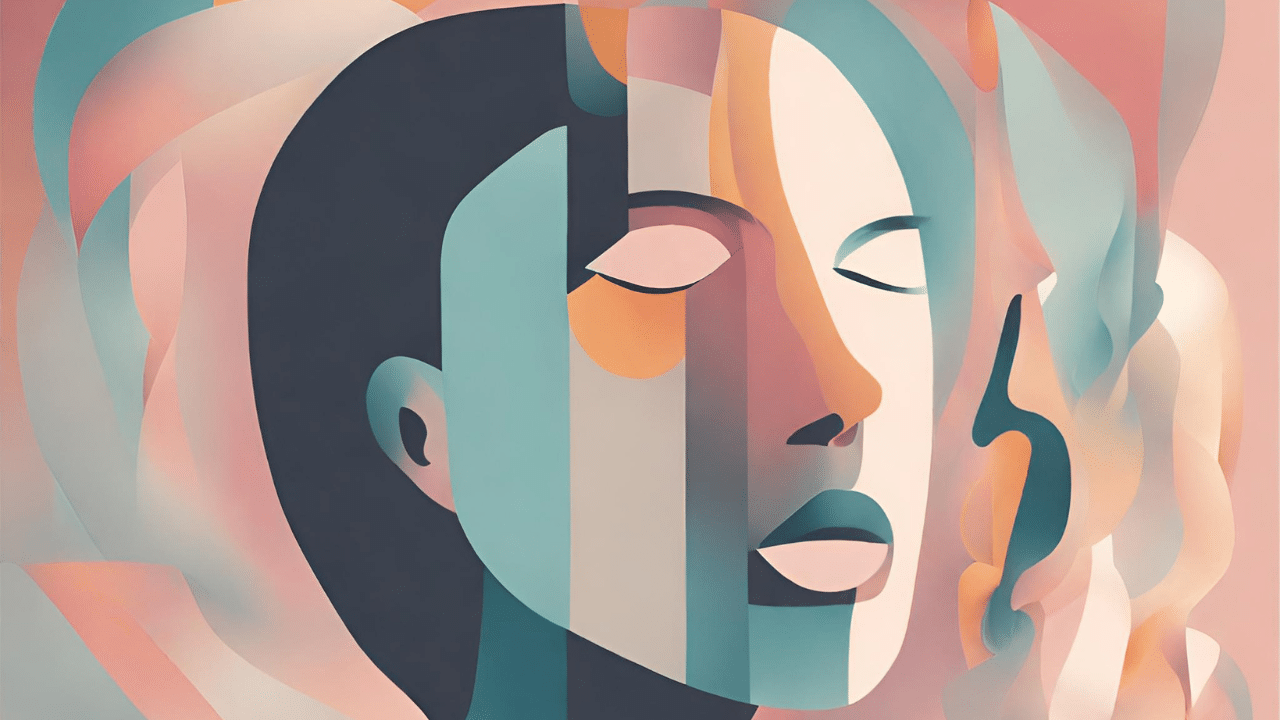
Bipolar disorder and substance use disorders are two serious mental health conditions. Living with one or the other is difficult, but experiencing both can cause considerable struggles. What is the connection between bipolar and addiction, and how can you find help if you’re struggling with these co-occurring disorders?
What is Bipolar Disorder?
Bipolar disorder is a serious mental illness that affects how a person thinks, feels, and acts. It affects mood and energy as well as activity levels.1 The condition is characterized by two primary mood episodes: mania and depression. During a manic episode, people feel “up,” excited, active, and irritable. During a depressive episode, people feel “down,” depressed, slowed, and sometimes hopeless. An estimated 4.4% of adults in the U.S. experience bipolar disorder during their life.2
What is Addiction?
Addiction, or substance use disorder, is a chronic, relapsing condition that leads to out-of-control substance use despite negative consequences. Not everyone who abuses substances crosses the line into substance use disorder. The longer a person drinks or uses drugs, the greater the likelihood that addiction may develop. Addiction occurs on a spectrum from mild to moderate to severe, depending on the extent of the symptoms. More than 46 million people, or 16.5% of the population, had a substance use disorder in the past year.3
Bipolar and Addiction: Co-Occurring Disorders
Sometimes, people with substance use disorders also experience mental illness. The presence of both addiction and a mental health disorder is called a co-occurring disorder. According to the National Survey on Drug Use and Health, 19.4 million people, or 7.6% of the population, have both mental illness and a substance use disorder.
Bipolar and addiction are two conditions that commonly co-occur. It isn’t always clear which condition comes first. In some circumstances, people with bipolar disorder turn to substances to cope with their symptoms. In other situations, substance abuse problems can trigger an underlying bipolar disorder. No matter which condition comes first, there are overlaps between the two, making it difficult to live with both.
Alcohol and drug use aggravate the recurrent mood shifts characteristic of bipolar disorder. It may seem like substances take the edge off the more difficult symptoms, but they only exacerbate them over time. Thankfully, a dual diagnosis program can provide a way out of the downward spiral of bipolar and addiction.
Dual Diagnosis Program
While there is no cure for bipolar and addiction, mental health and addiction treatment facilities can help. A specialized dual diagnosis program is the best option for those with co-occurring disorders because they understand the intricate connection between the two conditions.4 Treating co-occurring disorders simultaneously rather than separately is the most effective approach.
Steps to Recovery offers a dual diagnosis program that helps people living with co-occurring bipolar and addiction. We create individualized, comprehensive programs using a combination of medication and behavioral therapy so you can develop the coping skills and emotional resilience necessary to succeed and thrive. To learn more about our programs or start your treatment process, find a Steps to Recovery treatment program near you today.
References
- National Institute of Mental Health. (2023). Bipolar Disorder.
- National Institute of Mental Health. (2023). Bipolar Disorder Statistics.
- Substance Abuse and Mental Health Services Administration. (2022). National Survey on Drug Use and Health 2021.
- National Institute of Mental Health. (2023). Substance Use and Co-Occurring Mental Disorders.
Explore Our Facilities
Drug and alcohol detox and residential treatment for addiction and mental health disorders
Outpatient treatment center for substance use disorder and mental health disorders
Outpatient treatment center for substance use disorder and co-occurring mental health disorders







